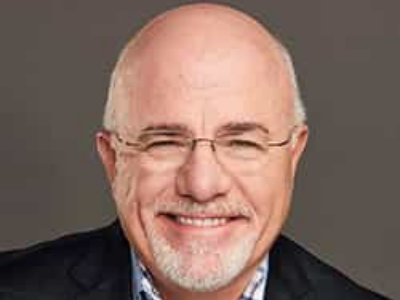Greek government seeks to ban protests at Tomb of Unknown Soldier monument, sparking backlash
News > Politics & Government News

Audio By Carbonatix
9:19 AM on Tuesday, October 21
By ELENA BECATOROS
ATHENS, Greece (AP) — Greece’s conservative government is seeking to ban protests at the Tomb of the Unknown Soldier, an iconic monument outside Parliament in Athens which has frequently been the site of demonstrations. Opposition parties accuse the prime minister of intolerance and of sowing division.
The area in front of the monument has become the focal point for protests by some of the relatives of victims of Greece’s deadliest train crash. The February 2023 disaster, in which a freight train and a passenger train heading in opposite directions collided after being put on the same track, killed 57 people, mostly students returning to university after a public holiday.
Prime Minister Kyriakos Mitsotakis’ government submitted an amendment to the law governing the care of the monument that would allow access to visitors but ban protests or any physical changes to the area. Violators would face a fine or up to one year’s imprisonment.
The amendment triggered a heated parliamentary debate Tuesday, while a few hundred people turned out for a protest called by the left-wing Syriza party outside parliament in the evening. Voting on the bill was pushed to Wednesday morning after the Communist Party called for a roll call vote. With the governing conservatives holding a comfortable parliamentary majority, the amendment was expected to pass.
The train crash in Tempi, central Greece, exposed severe deficiencies in Greece’s railway network, including in safety systems, and triggered mass anti-government protests. Critics accuse authorities of failing to take political responsibility for the disaster or holding senior officials accountable. Some have also accused the government of a cover-up, claiming the freight train was carrying undeclared chemicals that caused a giant fireball which might have caused some of the deaths.
A makeshift memorial for the rail disaster victims has been set up in the small square in front of the Tomb of the Unknown Soldier, with the names of the victims written in red paint on the ground, surrounded by candles and flowerpots.
Panos Ruci, whose 22-year-old son Denis was killed in the crash, recently staged a 23-day hunger strike camped out at the memorial, demanding his son’s body be exhumed for toxicology and DNA tests to determine the exact cause of death. Judicial authorities granted permission in early October.
“With respect to the parents, to those parents who chose this way to protest, I ask them to consider whether they are giving some unscrupulous politicians the opportunity to appropriate their grief,” Mitsotakis said during the parliamentary debate.
The disaster has become a major political issue in Greece. Ruci’s lawyer, Zoe Konstantopoulou, is the leader of a small left-wing party and a member of parliament.
The Tomb of the Unknown Soldier is a cenotaph in honor of those who died fighting for Greece, and a popular tourist stop for visitors wanting to see the hourly changing of the presidential guard. The government argues it is a national monument that must be protected.
“In this sacred area, gatherings and protests of any kind will not be allowed, ... nor will damage be tolerated in the name of any protest, no matter how reasonable the demands sound,” Mitsotakis said.
“The Tomb of the Unknown Soldier is not a board for posting demands, no matter how respectable they may be. It is a cenotaph,” he added.
But opposition parties argue the move is a direct reaction to anti-government protests over the Tempi disaster.
Ruci’s hunger strike “panicked the prime minister, and everyone around the prime minister,” Konstantopoulou said during Tuesday’s parliamentary debate.
The trial of 36 people charged in connection with the crash is scheduled to start in March.









